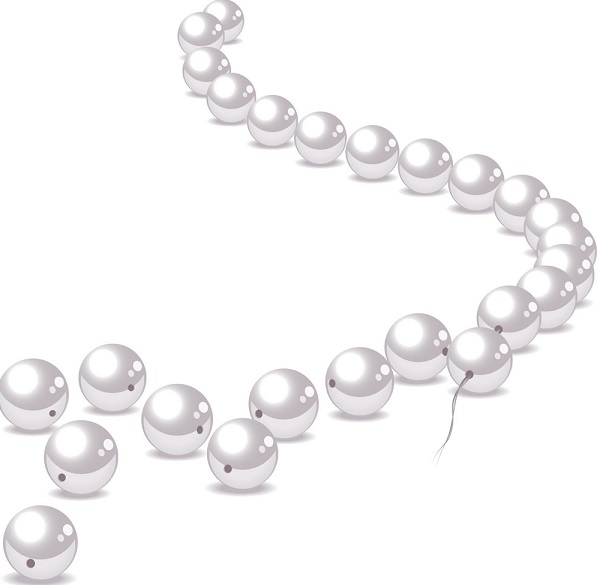FWP:
ABOUT WINE CONTAINERS IN GENERAL: Here are the words Ghalib uses in the divan for vessels that contain wine:
= āb-gīnah : 'Mirror, looking-glass; drinking-glass; bottle; —wine; diamond'. (Platts p.2)
= ayāġh : 'Cup, drinking-vessel'. (Platts p.111)
= piyālah : 'A drinking vessel, a cup, glass; a tea-cup'. (Platts p.295)
= paimānah : 'A measure (for dry or wet goods) ...; a cup, bowl, goblet'. (Platts p.301) (For wordplay on this see for example {239x,5}.)
= jām : 'Goblet, bowl, cup, glass, drinking-vessel; a mirror'. (Platts p.372)
= ḳhum : 'A large vessel or jar; an alembic, a still'. (Platts p.493); a possible example (with thanks to Zahra Sabri)
= sāġhar : 'Cup, bowl, goblet'. (Platts p.625)
= sabū : 'Ewer, jar, pitcher, pot, cup, glass'. (Platts p.633)
= shīshah : 'Glass; glass-ware; a glass bottle; a looking-glass, mirror'. (Platts p.740)
= qadaḥ : 'A goblet, cup, glass, bowl'. (Platts p.788)
= kāsah : 'A cup, goblet, bowl; a plate; a trencher'. (Platts p.801)
= kūzah : 'An earthen water-bottle with a long narrow neck, a gugglet; a pitcher; a jug; a jar'. (Platts p.862)
= mīnā : 'Heaven, paradise; the sky, the azure vault;—a blue colour; ... —a goblet, glass; decanter'. (Platts p.1107)
Apart from ḳhum and kūzah , they're pretty broad terms, and in stylized two-line verses they're basically impossible to differentiate in any consistent way. In most cases, I haven't found it possible to get a clear sense of exactly what size, shape, or kind of wine-vessel is meant. Usually it's not even possible to pin down whether the reference is to an individual drinking-glass, or to a serving-vessel like a flagon or decanter. Of course, most of the time it's not necessary to make such distinctions; it's not even clear that the poet himself did (since for ghazal purposes, their varying scansions must often have been the crucial factor). In a few cases, two of the above terms are juxtaposed in the same verse-- which may give some clues to what's going on in that particular verse, but doesn't always help much in general. Here are some examples of juxtapositions: {81,6x}; {178,8}; {182,2}; {192,4}; {208,13}.
S. R. Faruqi says that among portable (non-cask) wine-containers, 'the biggest one is called pitlā , then mīnā , then shīshah , then gulābī , then qalam ' (M{617,1}).
Nazm's criticism of the present verse echoes his famous complaint about the meaningless of {1,1}. Here, he faults Ghalib for having in mind an underlying theme-- namely, that the cause of the wine-drops' amazement was the Cupbearer's beauty-- but failing to make it explicit. In Ghalib's own interpretation of the verse, however, no such theme is mentioned. Ghalib claims to consider the verse a minor, overwrought one, and he mentions only the theme of the wine-drops' freezing in amazement. (On the special nature of ḥairat , see {51,9x}.)
Other commentators too are unusually dissatisfied with this verse, and have trouble finding a meaning that suits them. Apparently most of them have not seen Ghalib's own explanation in his letter. I don't have anything to add to what Ghalib has said. It does seem to be a minor verse: it rests on some physical similarities (wine-drops are like pearls) and behavioral analogies (amazement causes people to freeze in place; amazement causes wine-drops not to pour). But as Josh rightly points out, the verse doesn't seem to go anywhere, doesn't do anything with its material.
It's also particularly hard to envision the wine-glass situation that Ghalib might have in mind. The idea of a row of drops that fail to drip sounds as if the drops would be spilling out in a line, from a tilted glass. But the 'line on the wine-glass' sounds as if the drops of (white?) wine remain within the glass, but form a line like a string of pearls. For discussion of the imagery of lines in wine-containers, see {81,6x}.
In an essay,
Faruqi uses this verse as a classic example of the difference between 'delicacy
of thought', which the verse displays in a high degree, and 'meaning-creation',
which it entirely lacks.
Note for meter fans: ḳhat̤ has here been treated as ḳhat̤t̤ , with a tashdīd , in order to make the scansion work. Compare {33,2}, {81,6x}, and {199,1}, which appear with no doubling of the final consonant. The official Arabic spelling is in fact ḳhat̤t̤ ; Platts considers ḳhat̤ to be a 'vulgar' form (p.490), but obviously Ghalib didn't agree.

Ghalib:
[1864, to Junun Barelvi:] In this closing verse the thought is subtle [daqīq], but-- [in Persian] 'to dig up a mountain, and bring forth a straw' [koh kandan va kāh bar āvardan]-- that is, the pleasure is not so great. The drop is helpless when it falls. Its duration is the span of the blink of an eye. Amazement prevents movement. The drop of wine, through an excess of amazement, has forgotten to drip. When rows of drops are lined up together without moving-- then the line in the wineglass has taken on the aspect of a string of pearls. (Arshi p.175)
==Urdu text: Khaliq Anjum vol. 4, p. 1513